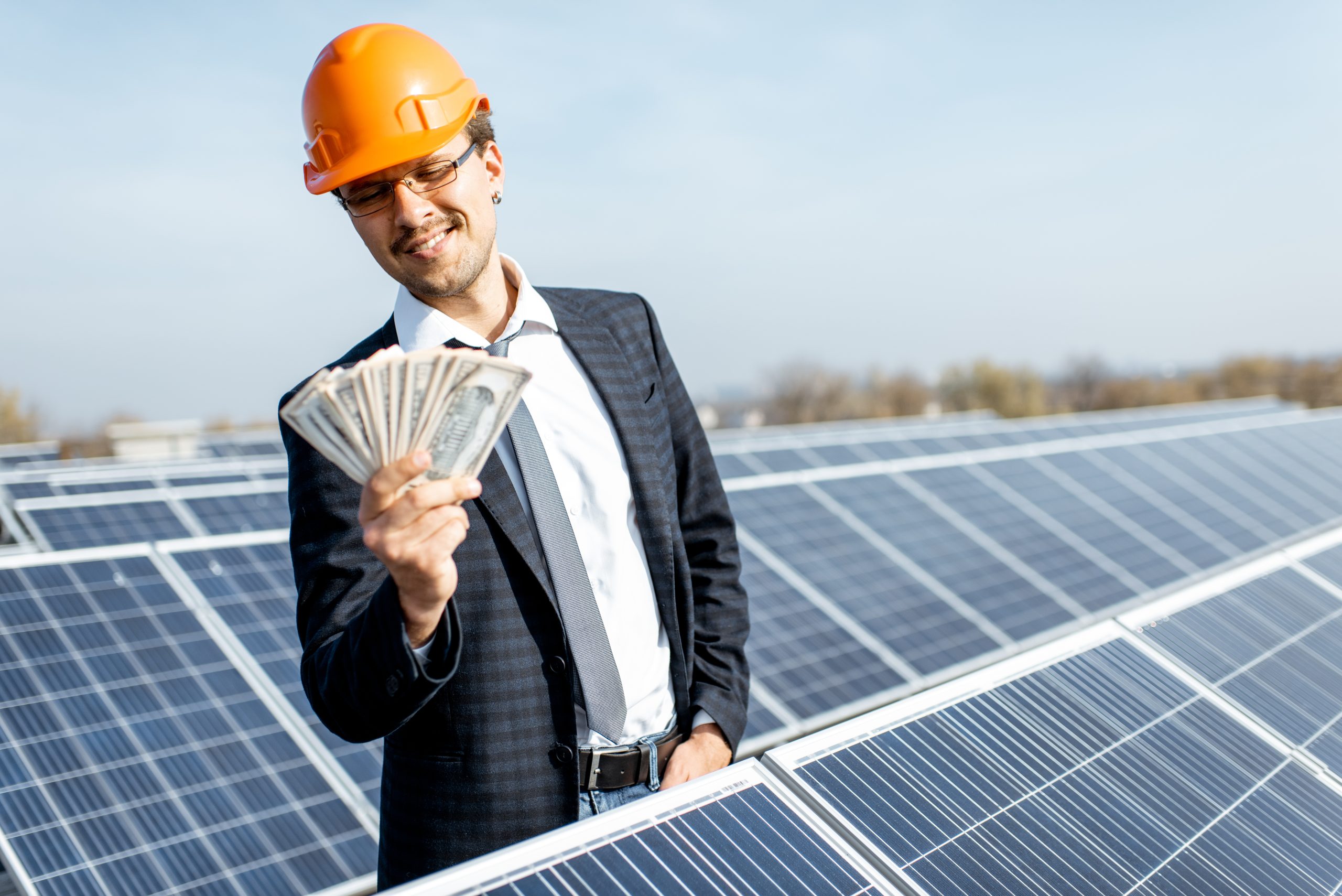How much money will a solar panel save you? According to the Environmental Protection Agency, an average American household uses approximately 10,000 kilowatt-hours of electricity per year. If you are a homeowner in the United States, that means you will spend over $1,500 on electricity per year. In addition to being environmentally friendly, a solar panel will save you money on your electric bill. And because it is easy to install and requires virtually no maintenance, a solar panel can pay for itself within six months.
Owning a solar panel is the best way to cut your electric bill. You get to choose how much energy you use, and you'll benefit from the power grid's free surplus energy. The cost of owning a solar system is negligible, and you may not have to pay another power bill after the system pays for itself. And because it's tax-deductible, you don't have to worry about getting a high monthly bill.
While the initial costs can be quite high, the long-term savings can easily make the solar panels worth the cost. In the case of a five-kilowatt-watt residential system, the cost of the system is about $3 to $5 per kW. This means you'll save about $25,000 over the lifetime of the system. The tax credit and other incentives are great incentives, but if you don't want to deal with a hefty monthly bill, go for a smaller system instead.
Another benefit of owning your solar panel system is that you have more control over your system. It's important to note that while a $50 or $100 electric bill may seem like a small amount when you pay it monthly, it adds up in thirty years. That's almost $60,000. With average increases of three to four percent per year, that's nearly $60,000! A solar panel is a great way to save money on your energy bills while contributing to a greener environment.
If you don't own your solar, you're playing a shell game with your power bill. You're paying a developer or a lease every month. This type of arrangement will have you paying escalating prices each year. And you don't want to do that. It's not a good idea to have a solar panel if you're not sure what to do with the money.
You'll be saving money in two ways: a solar panel will save you money on your power bill and the environment. If you have a solar panel installed on your roof, you'll be saving money on your power bill and preserving nature. By installing a solar panel, you can save a significant amount of cash on your power bills. You'll also be contributing to a greener planet. By choosing solar, you'll be helping the environment.
Buying a solar panel will save you money in two ways. You'll be saving money on your power bill and helping the environment. In addition to being eco-friendly, solar panels will also save you money on your electrical bill. Depending on your location and your family's energy needs, a solar panel could save you a lot of time and effort. The payback period for a solar panel is around 10 years.
A solar panel will save you money on electricity, which is a big benefit for everyone. The average solar panel system costs about $3 to $5 per watt. And that's just the beginning. When you factor in tax credits, you'll save anywhere from $5,000 to $15,000 a year on your electric bill. A solar panel is a great investment and can help you keep your home clean. It can also save the environment.
Installing a solar panel will save you money on your power bill. The average US home consumes about 11,000 kilowatt-hours a year. With a solar panel, you can sell any surplus electricity back to the power company. This is called net metering. In some cases, you can even sell your excess electricity back to your power company. However, in the case of a solar installation, the interconnection fee can run from $100 to $300.
Save Money on Electric Bill With a Solar system
